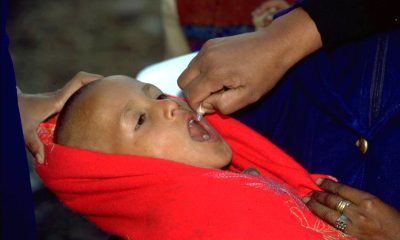A research team has identified reasons why Nigerian women, unlike their counterpart in the US face higher risk of breast cancer following the discovery of genes responsible for inherited breast cancer in Nigerian women.
“This is the first study to use high-throughput genomic analysis of African women,” said study author Olufunmilayo Olopade, director of the Center for Clinical Cancer Genetics and associate dean for Global Health at the University of Chicago.
“Based on state-of-the-art genomic technologies, two things were clear,” added co-author Mary-Claire King, American Cancer Society Professor of Medicine and Genome Sciences at the University of Washington in Seattle.
“Risks to Nigerian women who carry mutations in breast cancer genes are higher than risks to women in the US with mutations in the same genes. And inherited breast cancer plays a bigger role in the total occurrence of breast cancer in Nigeria compared to the US.”
According to a report by News-Medical, the study enrolled 1,136 women with invasive breast cancer and 997 controls; women of similar ages and heritage who did not have breast cancer.
The disease was far more advanced at diagnosis than in the US, with 86 percent of the patients who were fully evaluated diagnosed at either stage 3 or stage 4.
Almost half (46 percent) of the patients were diagnosed with triple-negative breast cancer (tumors that lack estrogen receptors, progesterone receptors and human epidermal growth factor receptors).
This is an aggressive breast cancer subtype, likely to have with a poor prognosis, even in wealthy countries.
Following up on the study, the Chicago-Ibadan team has already developed a risk-prediction model for breast cancer in Nigerian and other Sub-Saharan African women, who are, on average, more than 10 years younger when diagnosed than American women.
This predictive model can identify individuals at high risk of breast cancer, tailor surveillance and suggest risk-reduction strategies.

 Business1 week ago
Business1 week ago
 Health6 days ago
Health6 days ago
 Latest6 days ago
Latest6 days ago
 Latest1 week ago
Latest1 week ago
 Football6 days ago
Football6 days ago
 Latest6 days ago
Latest6 days ago
 Latest4 days ago
Latest4 days ago
 Health5 days ago
Health5 days ago

